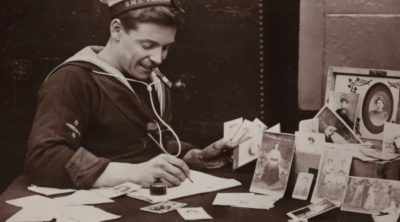The thought of a non fiction book report may bring to mind early school days. In fact, a parent could easily use this article to help their kids complete one of these report assignments. However, even college students may be asked to review or report on a nonfiction book. Thankfully, the standards for what makes a perfect analysis paper doesn’t change across grade levels. The content itself becomes more complicated but the principles stay the same.
There are two main principles to writing a perfect book report: describe and evaluate. Knowing how to perform each and how to balance them can help you, your students, or your kids write the best paper they can.
Describe: The Facts of the Non Fiction Book Report
Description in a book report includes names and major points in the book. This is not the time to state your analysis of the work but simply to list the relevant information so the reader knows where your analysis will go.
The information in the description portion of a nonfiction book report includes background on the author and relevant information on the creation of the book. State how the book has been assembled or organized, especially if it takes a unique genre form. This includes the author’s intention with the book as a thesis or a statement of purpose. Let the reader know that you have a big picture of the nonfiction book being discussed.
Finally, offer a summary of the nonfiction book to get your readers on the same “page” for your evaluation. By selectively summarizing information, the reader (or grader) knows what they should take from your analysis.
Evaluate: Make Your Points
When you begin evaluating, use the information you reviewed and summarized in the description section. Evaluation involves your opinion, but a supported opinion that includes relevant scholarship. This means that other writers’ reviews and journal articles that discuss the nonfiction book you’re studying can come in handy to back up your points.
You can observe the strengths and faults of the book based on your observations and experience. However, the more you can support your statements with the words of others and of the book itself, the better your report will be.
How to Start Writing a Book Report
As you read, you have to read the right way! This means observing the author’s purpose quickly, learning the background information that will go into your report beforehand, and taking notes. As you read, note the author’s expertise and how they incorporate their thesis. When you see quotes that support the author’s ideas (or yours), take note of where they occur. This can only make writing the report easier in the long run.
The Takeaway
A non fiction book report sounds like a hefty obligation. However, whether it’s a college paper or a child’s school project, a book report doesn’t have to be a burden. Get the two qualities of description and evaluation clearly distinct in your head so that when you read, you can already sort and note the informtation that will make your paper work.


